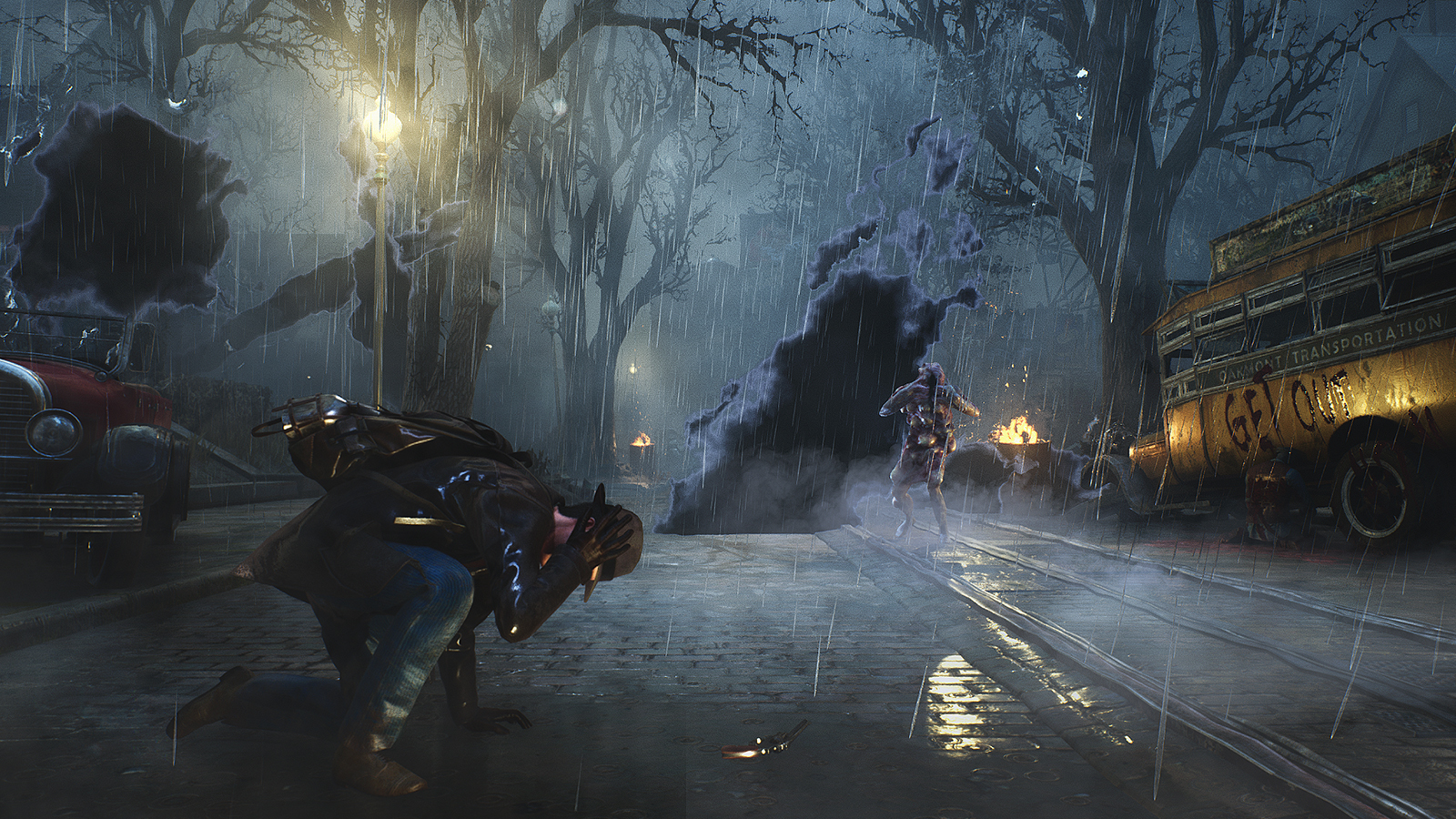In the conflict between the studio Frogwares and the publisher Nacon, which began after the release of The Sinking City, new details have emerged. Relations between the companies began to deteriorate even at the development stage. The key problems are a lack of trust and communication, a dispute over money from an exclusive deal with EGS, unpaid royalties, as well as a secretly developed port for the Nintendo Switch.The investigation was published on April 20 by the French edition of Gamekult.
The journalists talked with representatives and employees of Frogwares and Nacon to look at the situation from different angles.
The full material is available only to paid Gamekult subscribers. However, in the network, in particular on the ResetEra forum, there was a squeeze of key points from the investigation.
How did the conflict originate?Frogwares has been cooperating with Focus Home Interactive for quite a long time.
- In 2014, the studio began developing Call of Cthulhu, but later the publisher suddenly gave the project to the Cyanide team.This happened after Frogwares chose Nacon (at that time the company was called Big Ben Interactive) as the publisher for its Sherlock Holmes game in 2016:
- The Devil’s Daughter.Ukrainian developers still wanted to make their own project based on the works of Lovecraft.
- After leaving Focus Home, the studio offered Nacon the idea of the game, which later became The Sinking City.The project was approved by the publisher, but in 2018, Nacon acquired Cyanide studio, which Frogwares did not like very much.
- It is reported that after that, the developers of The Sinking City reduced communication with the publisher to a minimum.
- The main claims of the parties
The main problem is the lack of communication.
- Both companies continue to perform in the public field, while not maintaining contact with each other.The misunderstanding started during development.
- Several times, Nacon had to cancel some of the planned announcements, since Frogwares had already announced it on its own.Frogwares accuses the publisher of delaying payments that were due to them after reaching certain stages in development.
- One of the main reasons for the conflict was also the issue of dividing the funds received from the exclusive deal with Epic Games Store.According to Nacon, the studio repeatedly requested commercial information, which in theory could be shared with other publishers.
- The company feared that Frogwares would eventually leave it and release The Sinking City on its own.Frogwares believes that Nacon has not invested enough money in marketing The Sinking City — at least less than was stipulated in the contract.
- The publisher claims that he was not aware of the version of the game under development for the Nintendo Switch.
- Nacon found out about this only after the announcement at E3 in 2019. At the same time, the studio continued to spend the publisher’s money for the version of The Sinking City, which it eventually released independently and with which Nacon did not earn a cent.Frogwares claims that the publisher has not paid the royalties in full.
- The studio has previously accused Nacon of not paying €1 million. According to the developers, the publisher did not provide them with information about financial indicators and could hide real income.According to Nacon, the studio deliberately refused to provide the necessary data for the game’s marketing campaign — including materials for creating trailers on the engine.
- Frogwares also claims that it did not want to transfer this data to the publisher. The studio was afraid that Nacon might steal the source code.The public conflict between Frogwares and Nacon began in 2020.
Last month, the studio said that the publisher allegedly “spiraled” The Sinking City. Then the game was once again removed from Steam. Now both companies are planning to resolve the issue in court.

